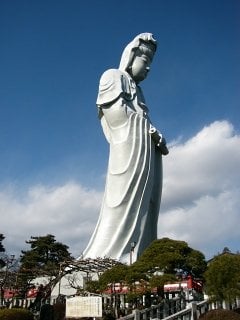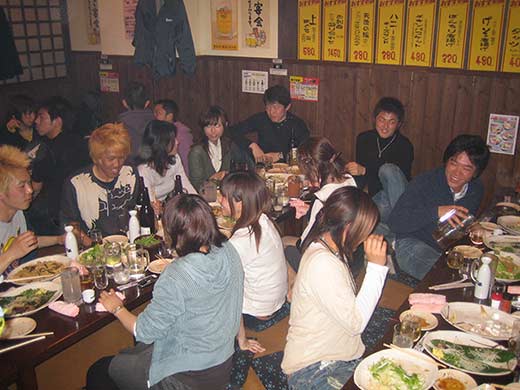For some reason, studying the etymologies of Japanese company names is fascinating to me. Like how the founder of Canon got the name for his company from the Bodhisattva Kannon, a kind of Goddess of Mercy revered by Japanese Buddhists, or how the name Epson was formed from “Son of Electric Printer.” When you study Japanese, you start to see these famous brands in a new light, for example watchmaker Seiko is written with characters meaning “delicate and minute engineering,” while Nikon is an abbreviation of Nihon Kogaku (“Japan Optical”). Yakult got their name from the Esperanto word for yogurt, which was suggested by a Polish researcher working with the company at the time, and Subaru is the local name for the Pleiades star cluster, deemed fitting as the company was formed by merging six smaller companies together. Bandai’s name is rather complex: it comes from Bandai Fueki, one of the books in Sun Tzu’s The Art of War, and the phrase means “forever unchanging,” since children’s toys should be something that are constant throughout the ages. A lot of Japanese company names have the word ya at the end, such as toy maker Kotobukiya or the bookstore chain Kinokuniya. This is a character meaning “roof” which is used to denote a shop, like hana-ya (a flower shop) or ramen-ya (a ramen shop) in addition to being part of various proper names. There’s a new sporting goods store that just opened in our city called Himaraya, which is great since it fits the standard Japanese naming practice yet makes you think of the mighty Himalayas. Their official company slogan is pretty cool, by the way: “We have a fine dream.”
And in case you don’t know what a Bodhisattva Kannon is, our neighboring city of Takasaki just happens to have a giant (as in 5-story) statue of the goddess, which I’ll show you.
















